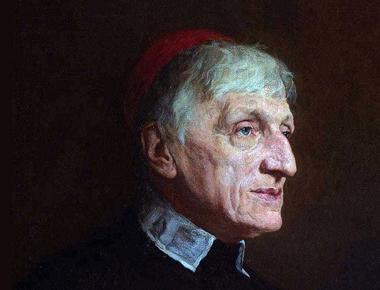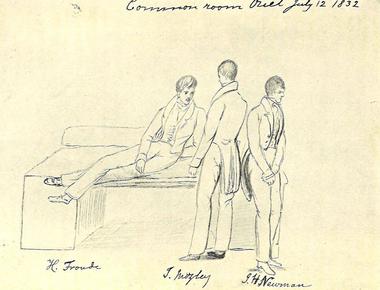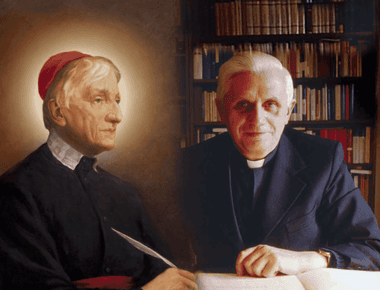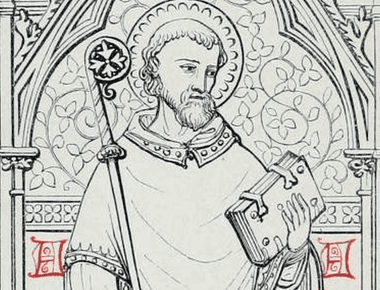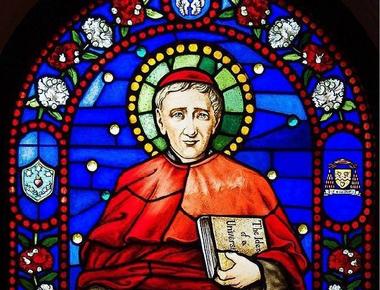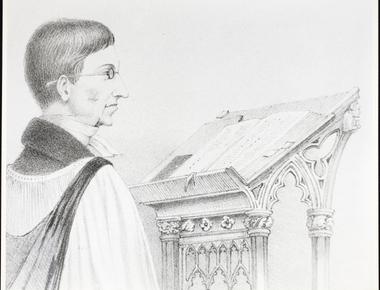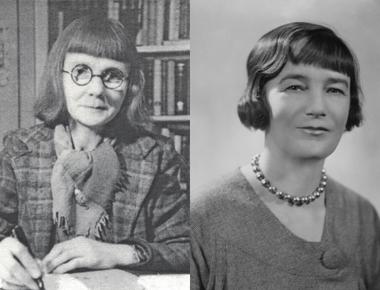
In the English-speaking world, the Catholic Literary Revival is associated with the work of G. K. Chesterton, Evelyn Waugh, and Graham Greene: novels that chart the solitary figure of a priest or layman in spiritual combat with the world around him. But in fact, the Revival’s most numerous members were women, many of whom have been almost entirely forgotten. When these women are put back in the frame we need to adjust our understanding of the Revival’s nature and scope.





